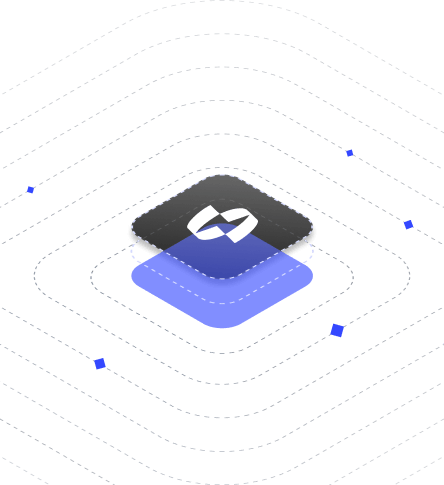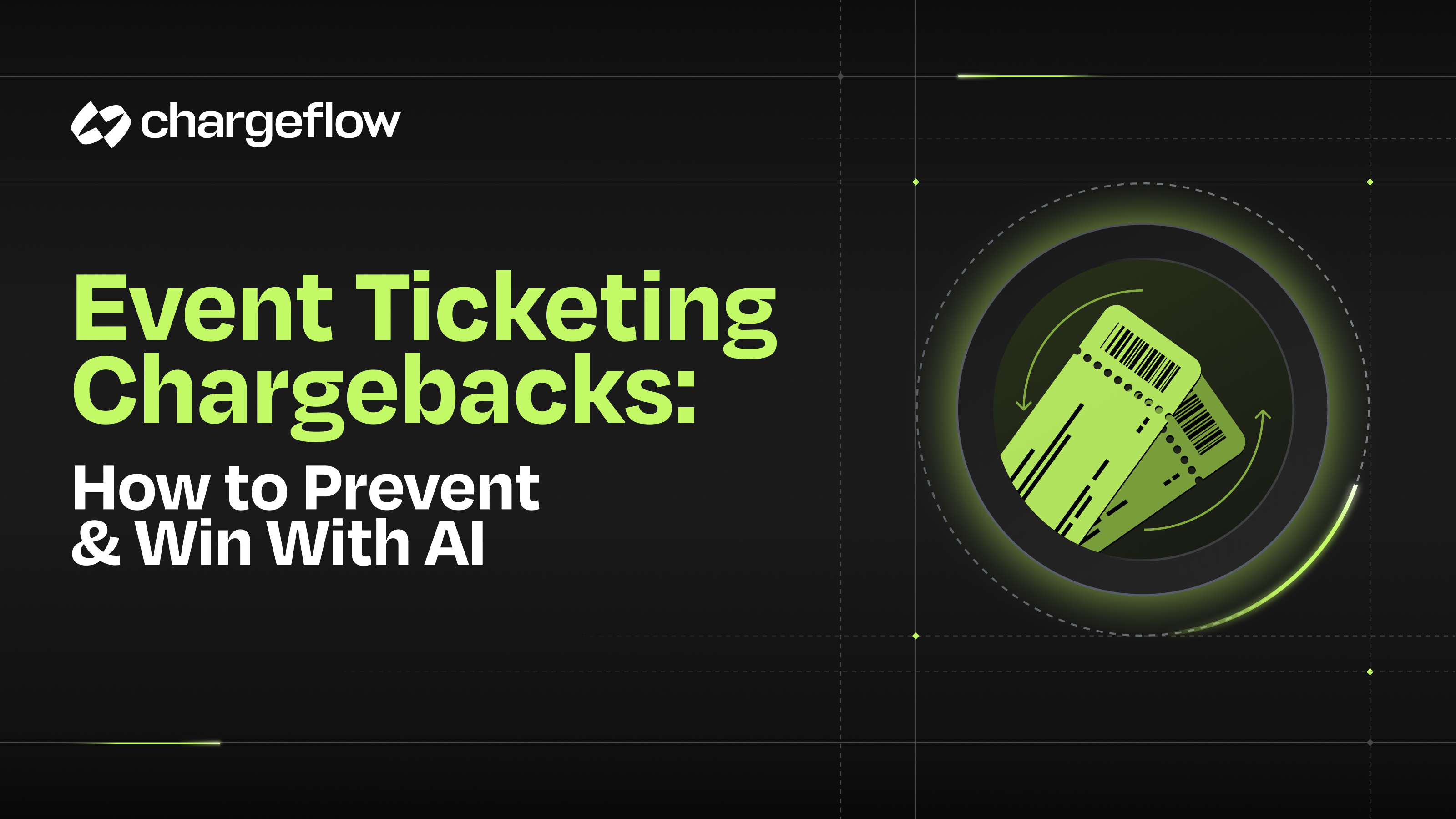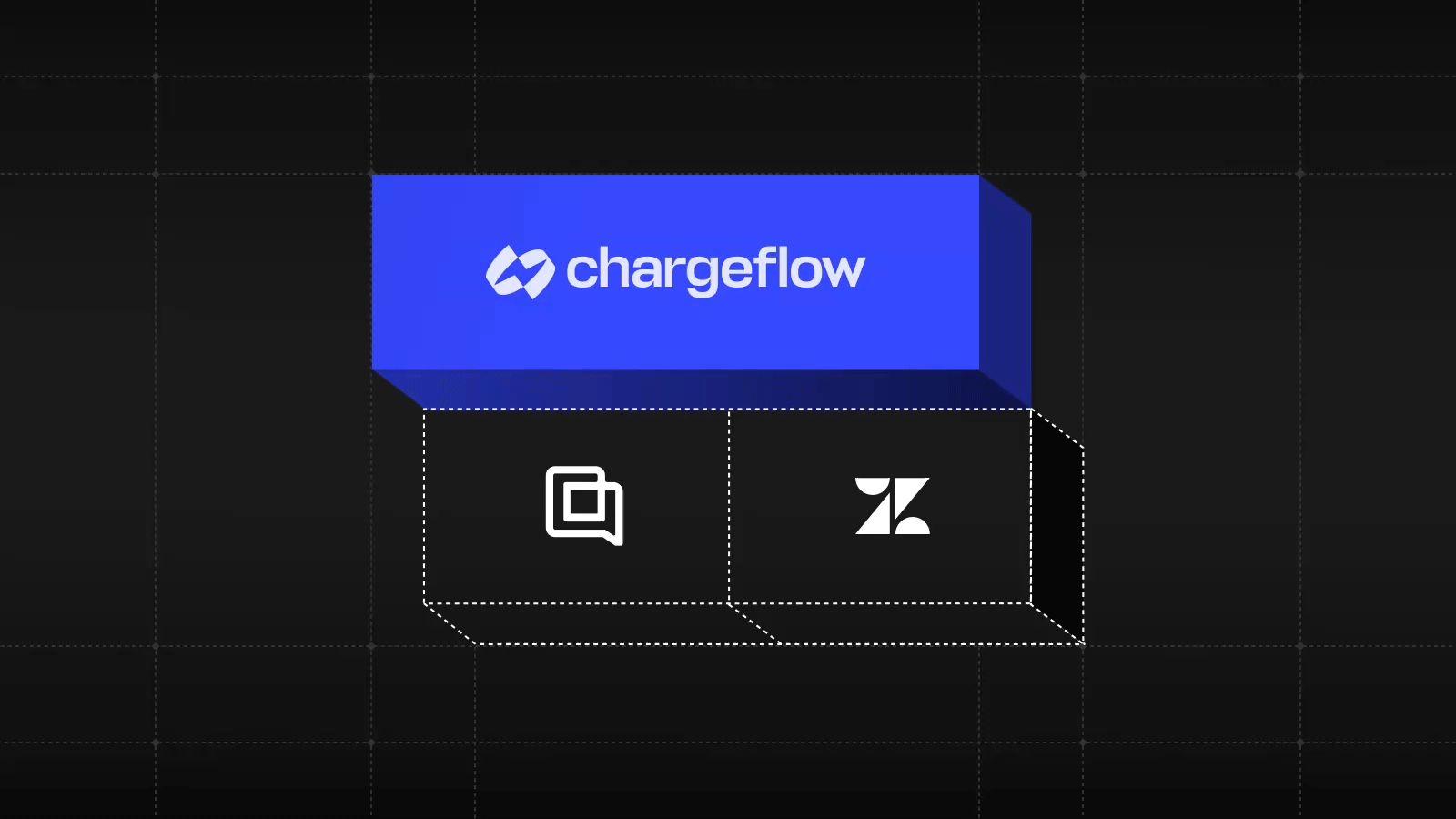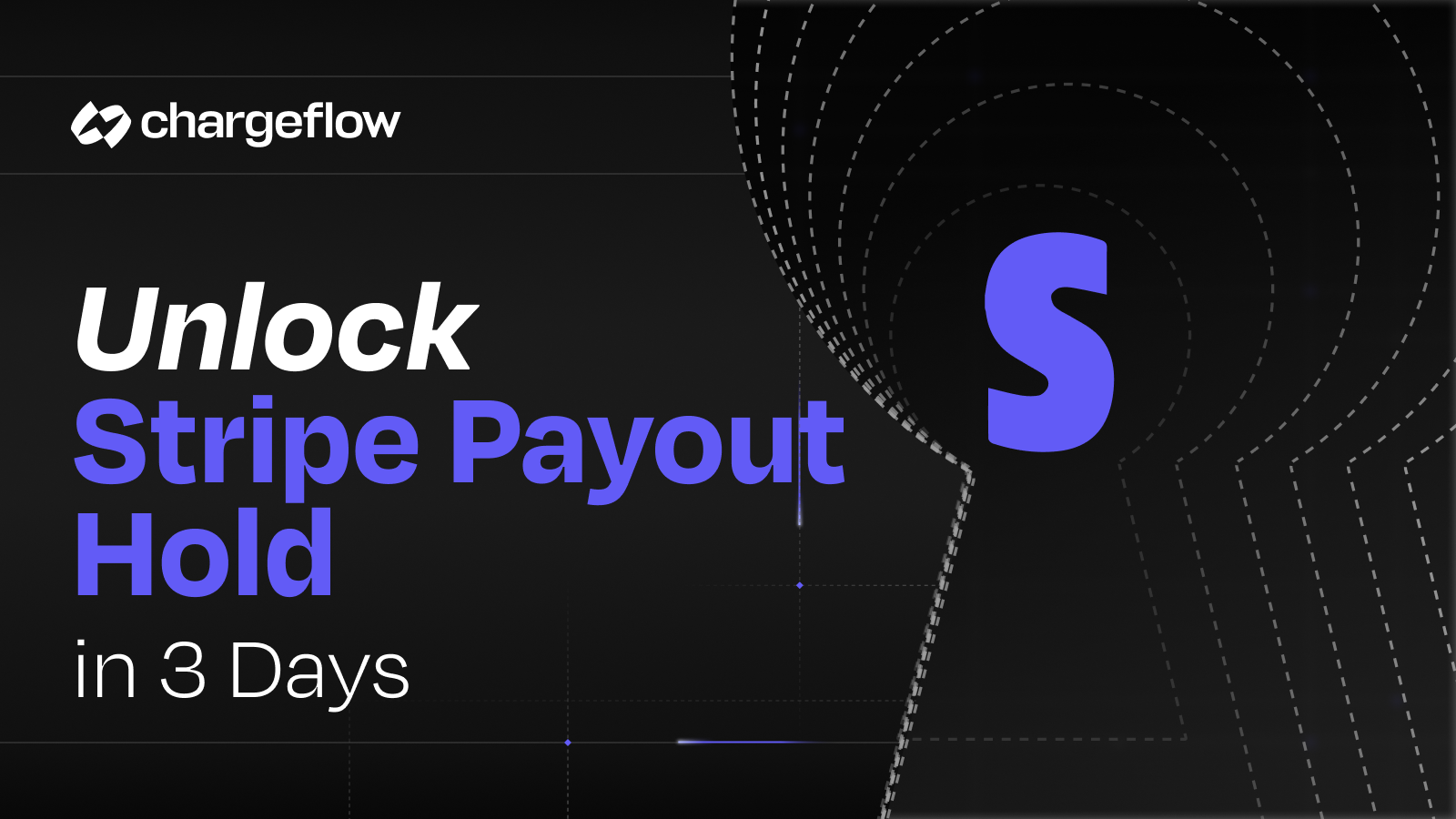Mastercard Chargeback Reason Codes (2024 Guide for Merchants)

Chargebacks?
No longer your problem.
Recover 4x more chargebacks and prevent up to 90% of incoming ones, powered by AI and a global network of 15,000 merchants.
To avoid chargebacks and protect your eCommerce business, you must understand Mastercard chargeback reason codes. Read this guide for all the answers.
Mastercard chargeback reason codes used to be unnecessarily long and complex. However, the company has taken significant steps to simplify its reason codes since 2016. The new system streamlined Mastercard chargeback reason codes into fewer categories with relevant sub-codes.
As you know, these chargeback reason codes clarify why a cardholder initiated a dispute. They help track card payment issues like criminal fraud or merchant errors for corrective measures. They play a crucial role in improving the overall eCommerce ecosystem.
But that's only in principle. Mastercard chargeback reason codes still grapple with the perennial challenge of friendly fraud even with the upgrades. The codes do not always reflect actual issues. Furthermore, Mastercard has not entirely phased out the legacy chargeback reason codes. They remain in use. This adds to inconsistencies and confusion that cost merchants a lot of money.
Mastercard Chargeback Reason Codes Explained
Mastercard chargeback reason code is a set of numbers and letters financial institutions use to specify the causes of cardholder disputes. They help standardize the dispute process. When a Mastercard cardholder disputes a merchant transaction, banks rely on Mastercard chargeback reason codes to decide whether or not to initiate a chargeback, reversing the transaction (here's how an ideal chargeback process works).
Chargeback reason codes provide more than just insights into transaction declines, cardholder disputes, or payment adjustments. They're also vital for monitoring and analyzing chargeback patterns.
Categorizing disputes with specific codes helps card networks, merchants, and banks gain enhanced visibility into chargeback incidents. Thus, chargeback reason codes are vital for establishing measures that uphold the integrity and reliability of the global payments system.
The following sections provide comprehensive details on the various Mastercard chargeback reason codes.
Reason Code 4808: Authorization-Related Chargebacks
Mastercard chargeback reason code 4808 indicates the merchant either failed to secure authorization approval for the transaction or submitted the authorization request after the transaction date. Common triggers for Mastercard chargeback reason code 4808 include a fraudster using a stolen or counterfeit credit card to make unauthorized transactions.
This typically happens with merchants who do not have EMV-compatible payment terminals or when the cardholder makes the merchants swipe or manually enter card information instead of using the chip. Certainly, some instances of reason code 4808 chargebacks stem from friendly fraud.
Mastercard unified several retired reason codes under the reason code 4808 numeric label. These include:
- Required Authorization Not Obtained: The merchant did not receive the needed authorization.
- Multiple Authorization Requests: The issuer initially declined a card-not-present transaction but was subsequently approved using Stand-In processing or X-Code.
- Expired Chargeback Protection Period: The merchant settled the transaction after its expiration deadline when the cardholder's account was no longer active or in good standing.
- Late Presentment: The merchant failed to remit the transaction within 30 days of obtaining a valid authorization code.
- Warning Bulletin File: The issuer cannot confirm that a merchant obtained an authorization code during the transaction.
- Authorization-Related Chargeback: The merchant didn’t receive transaction authorization or obtained it after the fact.
- Account Number Not on File: The issuing bank cannot verify an account associated with the provided number.
- Cardholder-Activated Terminal (CAT) 3 Device: Unauthorized transactions conducted at a cardholder-activated terminal (CAT).
A supplementary message will often be included with the reason code whenever necessary to specify the exact chargeback relevant to the claim for the merchant's information.
Below are valuable recommendations for preventing Mastercard chargeback reason code 4808:
- Do not process transactions without obtaining authorization approval.
- Submit transactions within the acceptable time limit. Use a pre-authorization hold if you must wait more than seven days to submit a transaction.
- Upgrade to EMV-enabled payment terminals and ensure that your terminal software and operator processes are constantly updated.
- Avoid retrying transactions with hard decline. Exercise caution when retrying soft declines.
- If the gratuity added to a bill exceeds the authorized amount, obtain additional authorization before continuing the transaction.
- Ensure that automated terminals consistently send authorization requests and adhere to their transaction limits.
- Train payment teams on handling authorization requests and responses.
Suppose you’re already facing any of the above-listed aspects of Mastercard chargeback reason code 4808. In that case, you can dispute the case by proving you presented the transaction within seven days of authorization or thirty days of preauthorization.
You should also prove you posted the transaction to the correct account number and that the account meets Mastercard's checklists for the transaction. Equally vital, you must include authorization feedback or similar evidence indicating the cardholder forced a transaction previously declined, the chargeback is meritless, or you have refunded the disputed order.
Reason Code 4834: Point of Interaction Error
Mastercard chargeback reason code 4834 describes payment processing missteps or disparities associated with the point of interaction (POI) during a transaction. A POI is a physical location or device where a card transaction happens, such as a POS, checkout terminal, ATM, or electronic payment device. These issues could be double billing, invalid authorization, or unrecognized transactions.
Previously, chargebacks related to POI errors were categorized with distinct reason codes. However, Mastercard has now streamlined and consolidated all these issues under reason code 4834. When necessary, the issuer will include an additional message, the Member Message Text, with the reason code to help merchants track the specific Point of Interaction Error that led to the chargeback.
That said, the various aspects of a point of interaction error include the following:
- ATM Disputes: The merchant made an error in calculating the transaction amount or increased it after transaction completion without the cardholder's consent.
- Loss, Theft, or Damages: The merchant processed a transaction with an upfront charge for loss, theft, or damage without obtaining the cardholder’s approval.
- Transaction Amount Differs: The merchant incorrectly changed the transaction amount after completion without the cardholder's permission.
- Duplication/Paid by Other Means: The merchant duplicated a single batch of transactions, issued two receipts for one transaction, deposited a receipt with multiple acquirers, or processed a transaction severally on the same card or different payment method.
- Point-of-Interaction Currency Conversion: The transaction currency isn't the same as the currency transmitted through Mastercard, or the cardholder was not informed or did not agree to Dynamic Currency Conversion (DCC).
To prevent chargebacks under reason code 4834, you must do comprehensive due diligence on your systems and fix potential attack vectors. Double-check transaction details before processing to avoid discrepancies, regularly update and maintain POS terminals to prevent technical errors, and ensure that transaction descriptions on statements are clear and recognizable to cardholders.
Continue reading for the full details on Mastercard chargeback reason code 4834.
Reason Code 4837: No Cardholder Authorization
Mastercard reason code 4837 specifies disputes that cardholders claim they did not authorize, approve, or participate in. Characteristic causes of chargeback 4837 include the merchant processing a transaction without authorization from the owner, a family member making a transaction without the actual cardholder's knowledge, or the cardholder not recognizing the bill on the card statement.
Chargeback 4837 applies to different attack vectors. Mastercard classifies chargeback reason code 4837 as one of four general classifications of legitimate fraud-related chargebacks. These include:
- Merchant mistakes: The cardholder alleges the merchant made an error.
- Cardholder authorization issues: The cardholder claims they did not authorize or participate in the transaction.
- NRI Fraud: Chip Liability Shift Lost/Stolen/Never Received Issues
- Mastercard EMV Chip Liability Shift: The merchant has not installed and isn't actively using terminals capable of accepting EMV or "chip" payment cards.
The issuer may include a Member Message Text with the reason code to help merchants identify the specific 4837 dispute causing the chargeback.
To prevent this chargeback, use anti-fraud tools like AVS and CVV/CVC2 and ensure your merchant name (or descriptor) that appears on bank statements is easily recognizable.
Continue reading for the full details on Mastercard chargeback reason code 4837.
Reason Code 4849: Questionable Merchant Activity
Mastercard chargeback reason code 4849 applies to transactions that breach Mastercard’s payment processing regulations or the merchant has been flagged for increased scrutiny. Chargeback reason code 4849 is exclusively for merchants enrolled in the Global Merchant Audit Program (GMAP). GMAP primarily focuses on high-risk merchants or those with significant transaction volumes.
Chargeback 4849 may also be initiated against acquiring banks that process transactions for merchants listed in a Mastercard Global Security Bulletin, a confidential document identifying, among other things, information about merchants flagged for violating the Mastercard Questionable Merchant Audit Program.
As preventive measures, we recommend that you refrain from violating Mastercard's rules, regulations, or security standards, keep accurate transaction records, and ensure transactions are in good standards with the Mastercard Global Security Bulletin list before processing them.
Suppose you’re already facing a Mastercard chargeback reason code 4849. In that case, you can dispute it by demonstrating you are not listed in a GMAP Merchant Announcement and that the transaction did not occur during the specified time frame. If you’ve refunded the disputed transaction, provide documentation confirming the cardholder has been made whole. You must do all these within 45 calendar days.
Reason Code 4853: Cardholder Dispute
Mastercard chargeback reason code 4853, previously 4841, identifies cardholder disputes where the merchant is said to have billed the card despite the cardholder's cancellation of a recurring transaction or without explicit consent.
Mastercard categorizes chargeback reason code 4853 under the extensive Cardholder Dispute category. In other words, reason code 4853 applies to two distinct recurring transaction scenarios:
a. Cardholder Dispute of a Recurring Transaction,
b. Issuer Dispute of a Recurring Transaction.
Under the Cardholder Dispute category, there are several variations of chargeback reason code 4853, such as:
- Cardholder Dispute of a Recurring Transaction: The cardholder claims the merchant billed for a canceled recurring transaction, or without authorization.
- Credit Posted as a Purchase: The cardholder alleges you posted a credit transaction as a debit and has yet to rectify the mistake.
- Addendum Dispute: A cardholder claims you added a bill to a valid transaction without consulting them.
- Goods/Services not as Described or Defective: The cardholder claims a significant disparity between the merchandise or service received and the description on your product or service page.
- Digital Goods $25 or less: The cardholder asserts someone took advantage of security loopholes on your website to make an unauthorized transaction with the card details they used to create an account for digital purchases.
- Goods or Services Not Provided: The Cardholder alleges they did not receive paid merchandise or service or the merchant did not complete the transaction.
- Credit Not Processed: The cardholder claims you have not remitted their credit.
- Counterfeit Goods: The customer claims you shipped a fake product to them.
- Transaction Did Not Complete: The cardholder alleges you did not process the transaction, resulting in them not deriving any material or service benefit.
- No-Show Hotel Charge: The cardholder alleges being charged a no-show fee despite canceling with a hotel in the Mastercard Guaranteed Reservation Service.
A supplementary message will often be included with the reason code whenever necessary to specify the exact chargeback relevant to the claim for the merchant's information.
Continue reading for the full details on Mastercard chargeback reason code 4853.
Reason Code 4854: Cardholder Dispute - Not Elsewhere Classified (NEC)
Mastercard chargeback reason code 4854 speaks to instances where a cardholder is dissatisfied with a transaction and believes they cannot rectify the issue directly with the merchant. In this instance, the merchant's failure to resolve the case to the cardholder's satisfaction is of more significant importance to Mastercard than the specific details of the dispute.
The specifics may become relevant if the merchant decides to contest the chargeback. Or the case goes to arbitration. However, the cardholder's assertion of inadequate merchant response alone often suffices for Mastercard chargeback reason code 4854.
The following conditions must be satisfied for the Mastercard 4854 chargeback to apply:
- The buyer tried to resolve a dispute with you but failed.
- You and the card issuer are located in the US region.
- The transaction occurred in the same state as the buyer's billing address.
- The transaction occurred within 100 miles of the cardholder’s billing address. A card-not-present transaction will qualify as an exception to this condition, and the cardholder’s designated address will serve as the transaction location.
- The original transaction amount is above $50
Note that reason code 4854 is applicable exclusively within Mastercard's US region to transactions involving goods and services.
To avoid Mastercard 4854 chargebacks, address all transaction disputes quickly and ensure the customer can talk to you before contacting their card issuer.
Continue reading for the full details on Mastercard chargeback reason code 4854.
Summing Up on Mastercard Chargeback Reason Codes
Chargeback resolution requires accurate mastery of the underlying meaning of the chargeback reason codes, evidence-gathering processes, and representment procedures.
We've compiled this list of Mastercard chargeback reason codes as your quick guide for dispute prevention and chargeback response. You can get further background details on each reason code from the database here.
A subsequent guide has a complete list of Discover chargeback reason codes.
Contact our sales team for details on recovering chargebacks on autopilot.

Chargebacks?
No longer your problem.
Recover 4x more chargebacks and prevent up to 90% of incoming ones, powered by AI and a global network of 15,000 merchants.






























.png)








